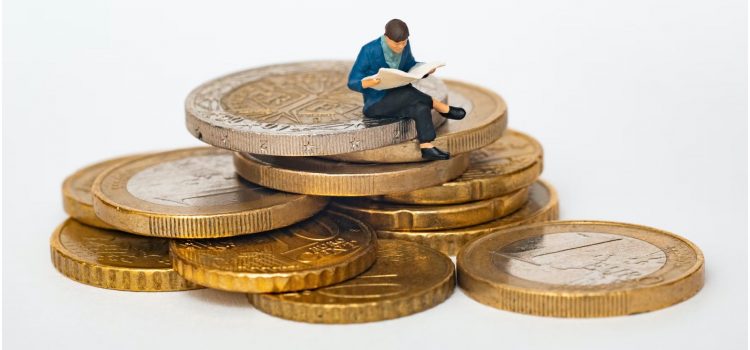
This is a free excerpt from one of Shortform’s Articles. We give you all the important information you need to know about current events and more.
Don't miss out on the whole story. Sign up for a free trial here .
Is inflation good? Who is it bad for? what are the possible benefits?
Economists disagree on whether or not inflation is a good thing. Some point out that it makes debt manageable, keeps housing prices in check, and allows the Federal Reserve to regulate interest rates. But others worry that it erodes purchasing power more than increased wages can support.
Keep reading to find it if inflation could, in fact, personally benefit you.
The Truth About Inflation
Generally, economists agree that sudden, dramatic inflation benefits no one, but they’re divided as to whether a higher rate of steady inflation is good or bad for the economy as a whole.
Consumer prices rose last September by 5.4% compared to their levels in 2020. Increases are uneven, with some areas of the economy seeing even higher surges—last year, new cars were selling for 8.7% more than the year prior and used cars for 24.4% more. Furniture prices are up by 11.2% and appliances by 9.6%. And rent, largely seen as a precursor of future inflation, rose by 0.5% from August to September 2021, the largest monthly increase since 2001.
The Good
Those who argue in favor of it point to two dynamics. First, higher inflation can benefit people who hold debt; most often, this means homebuyers. Inflation reduces the burden of debt over time, and so makes mortgages easier to manage as the years pass.
Second, because inflation allows the Federal Reserve to raise nominal interest rates, it acts as protection against future shocks. When the Fed is forced to keep interest rates at super low levels, it doesn’t have leverage to adjust rates when needed.
In addition, inflation can, ironically, keep housing prices in check. When the Fed raises interest rates, home prices moderate—the recent surge in home values has been partly sparked by low rates, and it has ended up pricing many potential homebuyers out of the market.
Thus, advocates of higher inflation argue that inflation can help boost the financial stability of households and can protect against future downturns.
The Bad
Others, though, disagree that inflation brings a net positive. They argue that it erodes purchasing power, and worse, that it can do this surreptitiously, by masking the effects of (large) price increases behind (small) wage increases.
Economists on this side of the debate point out that wage increases make people feel rich, even if their purchasing power actually goes down. Rising prices thus rob people of wealth without them even knowing it. Experts then caution that corporations can use this misunderstanding to covertly cut labor costs, by purposefully giving pay raises that are lower than inflation and allowing inflation to trim their labor costs for them.

Want to fast-track your learning? With Shortform, you’ll gain insights you won't find anywhere else .
Here's what you’ll get when you sign up for Shortform :
- Complicated ideas explained in simple and concise ways
- Smart analysis that connects what you’re reading to other key concepts
- Writing with zero fluff because we know how important your time is






